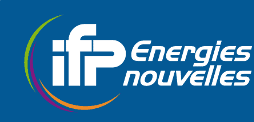Natural gas as a vehicular fuel in Brazil : Barriers and lessons to learn
Résumé
This study aims to analyze the adoption and growth of light-duty natural gas vehicles in Brazil and observe how state incentives and taxes impacted the development of this market at the state level. Brazil's light-duty natural gas vehicles market has slowed its growth considerably since the states with the largest share in the country, Rio de Janeiro and São Paulo, have diverged in the progress of natural gas vehicles. To clarify what led to this scenario, we selected and explored seven parameters: i) availability of natural gas distribution network; ii) the number of certified conversion garages; iii) historic compressed natural gas fuel prices; iv) state value-added taxes; v) motor vehicle property taxes; vi) vehicle-to-refueling-station index and; vii) payback period. In conclusion, it was found that state market incentives are fundamental for the continuous development of alternative fuels such as natural gas to the already established liquid fuels in the country. In Rio de Janeiro, the advantages obtained through tax incentives to compressed natural gas and motor vehicle property taxes are crucial to decrease payback time and strengthen the price of natural gas. Otherwise, in the state of São Paulo, the lowest state value-added tax levied on hydrated ethanol and, consequently, the smallest price difference between fuels hinders the development of the compressed natural gas market.
